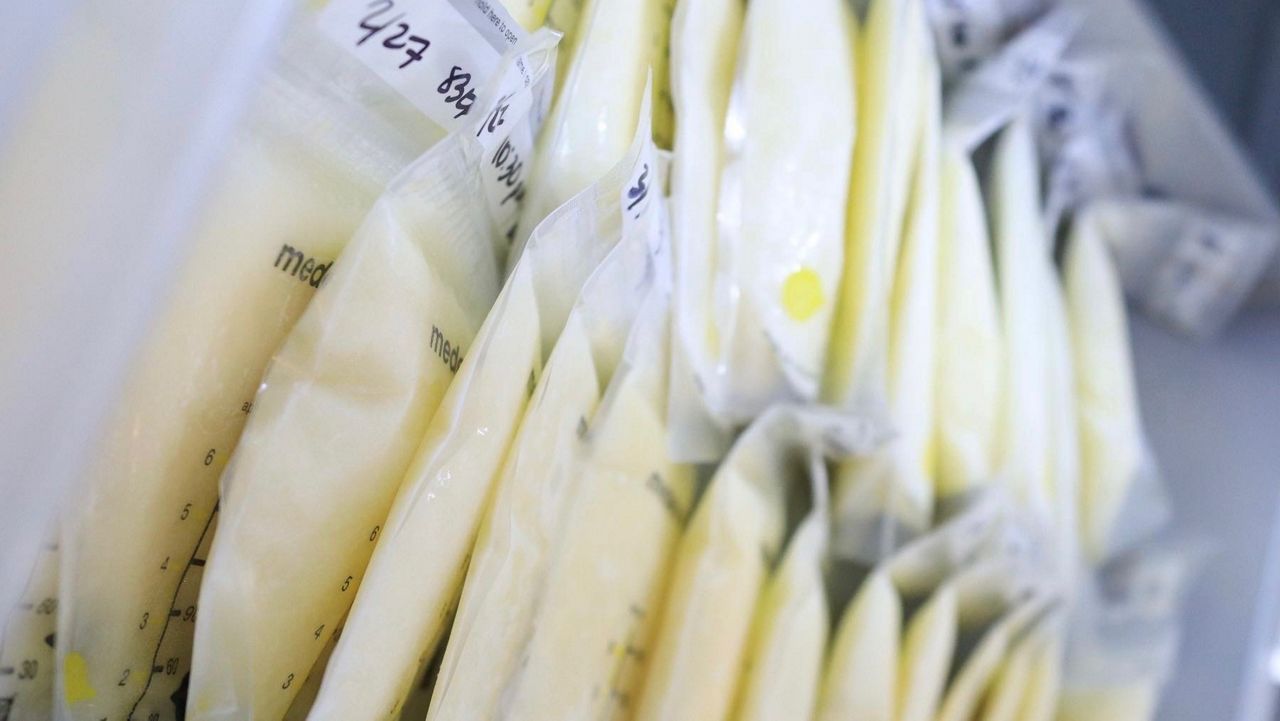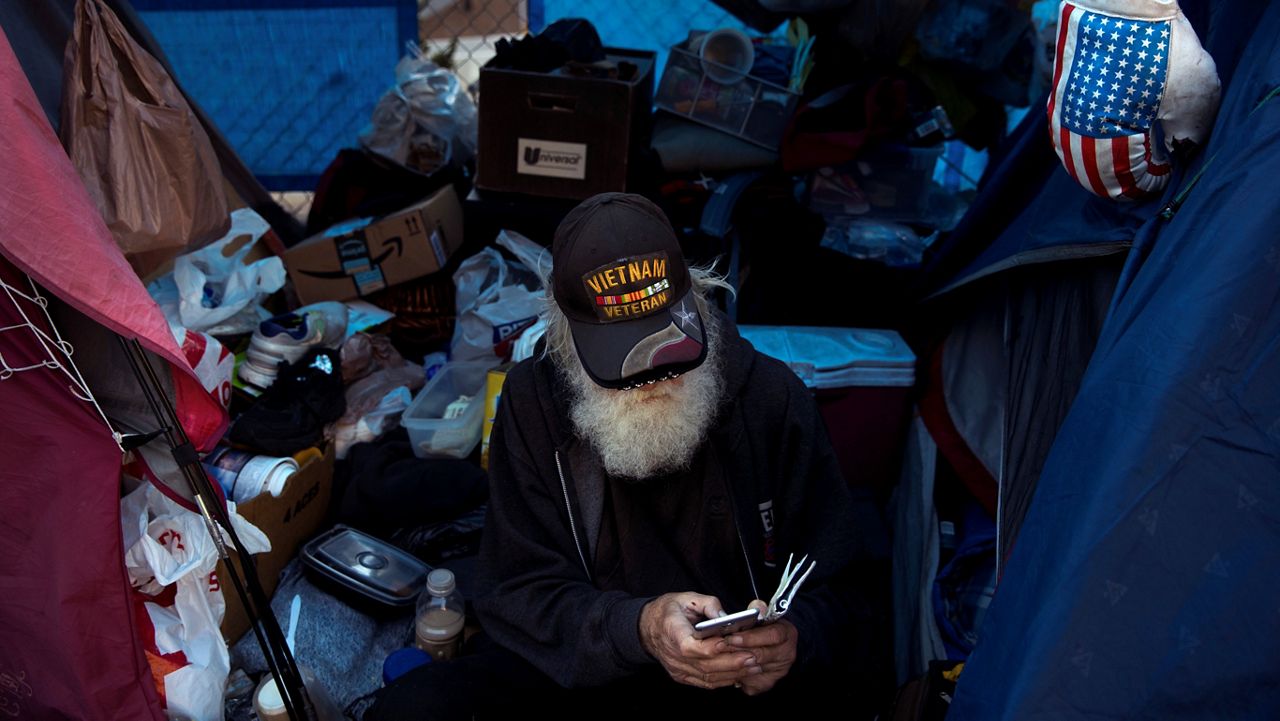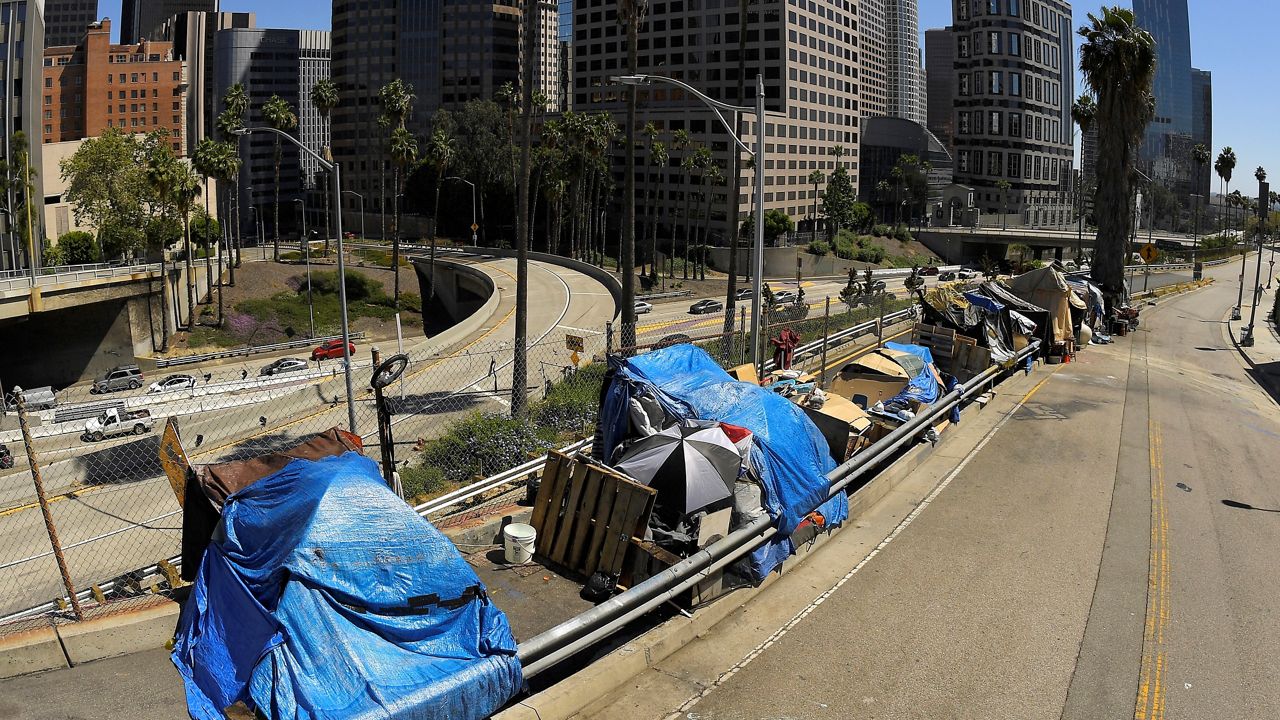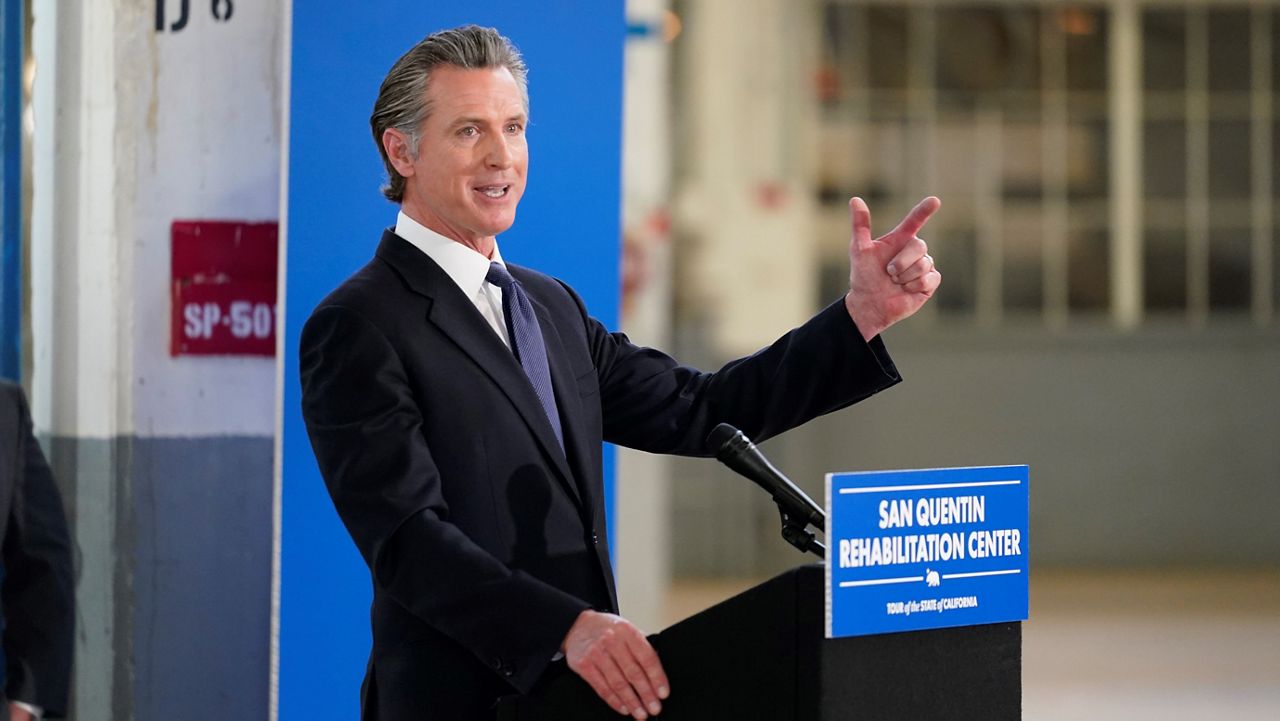Californians are consuming less products and consequently producing less waste during the stay-at-home order. Mark Murray, Executive Director of the non-profit organization Californians Against Waste, considers this to be a “silver lining” of the COVID-19 pandemic.
“The amount that waste haulers are collecting and throwing away is down,” Murray said.“The amount that waste haulers are collecting and throwing away is down,” Murray said. “Now most of that is down because so much of our commercial side of our economy is down, but overall it's showing us that this is something that we can accomplish.”
Murray says Californians have changed their consumption habits since staying at home.
RELATED | Cleaner Air in SoCal Not Just Due to Less Cars on Road
“We can reduce waste, we can focus on buying products that aren't all processed, we can buy good fresh fruits and vegetables that don't come in a lot of packaging, and I see a lot of that happening,” he said. “I see people baking. I see people making meals from scratch. Even though we can get takeout, folks seem to be making their own meals more, and all of that is resulting in a reduction in the total amount of waste.”
However, many grocery stores aren’t allowing reusable bags inside, and people are using disposable masks and gloves that have been littered all across Southern California.
“Obviously this is a brand new, unexpected situation for all of us, and erring on the side of caution, we are doing things like some stores are not allowing reusable bags,” he said. “You’ve got folks wearing disposable gloves and face masks all the time, and I think that we may come to recognize that some of that may be unnecessary.”
For the time being, Murray says people should dispose of their masks and gloves in the trash.
“Those don't belong in the recycling bin, even if they're kind of a paper product or even if it seems like it's kind of a recyclable, plastic-y glove,” he said. “All of that goes in the trash can. No effort should be made to try to recycle that stuff.”
Murray said people should be recycling paper, glass, no. 1 PET bottles (bottles from soft drinks, fruit juice, cooking oil, etc.), and no. 2 HDPE bottles (milk jugs, laundry detergent jugs, shampoo bottles, etc.). Most other products will just create more waste for workers at recycling centers to sort through, and they will end up in a landfill anyway.
RELATED:
- Coronavirus in CA: More Wildlife Seen as Angelenos Stay Home
- Climate Activist: Mother Nature Deserves Respect, Especially On Earth Day
“The material that we collect and separate and put in our curbside bin or take to the buy-back, that material is used to make food packaging, it's used to make paper towels and toilet paper,” he said. “So that’s why recycling is considered an essential part of the economy right now, and that's why those businesses are allowed to be open.”
Murray said this is not a time for “wishful recycling.”
“Putting plastic films and bags into the curbside bin is not a good idea,” he said. “We want to make it as easy as possible for those hard workers that are showing up and sorting our recyclables to not have to sort through a bunch of trash, so let's keep it clean.”
For people who have spent some of their time at home gardening, Murray suggested composting food waste.
“I think that a lot of people in my neighborhood and a lot of folks across the country are rediscovering gardening, and food waste composted at home is a great amendment for your garden,” he said. “So I would encourage folks, if you don't have a separate food waste collection or even if you do, consider starting your own backyard composting system.”
Obviously, reducing waste was not the intended consequence of implementing a stay-at-home order in California; protecting the public from COVID-19 was. However, Murray said the reduction of waste in California is a positive side effect of the pandemic.
“I'm really profoundly impressed with the way that policymakers and the public have responded to this crisis in terms of communities coming together, individuals making sacrifices, and we're seeing measurable changes in our environment,” he said. “We're seeing a reduction in pollution, we’re seeing a reduction in waste, we’re seeing a reduction in CO2 emissions.”
Before the pandemic, Murray said people couldn’t wrap their heads around changing their lifestyles for the benefit of Earth.
“All of these things that we thought were so unachievable, impossible to do, we couldn’t slow down, we couldn’t reduce our waste or our we couldn’t achieve our emission reduction goals—and yet, we are,” he said. “And I know the circumstances are not something that we want to have repeated. It does suggest to me that what is possible may be a lot closer than what we previously thought.”
Murray said he’s taking an “optimistic view of what this means.”
“There’s some great community-minded messages that we’re taking from all this, and I think society is going to be different in a better way when we come out of this.”
Let Inside the Issues know your thoughts and watch Monday through Friday at 8 and 11 p.m. on Spectrum News 1.
Follow the author, Charlotte Scott, on Twitter here.











